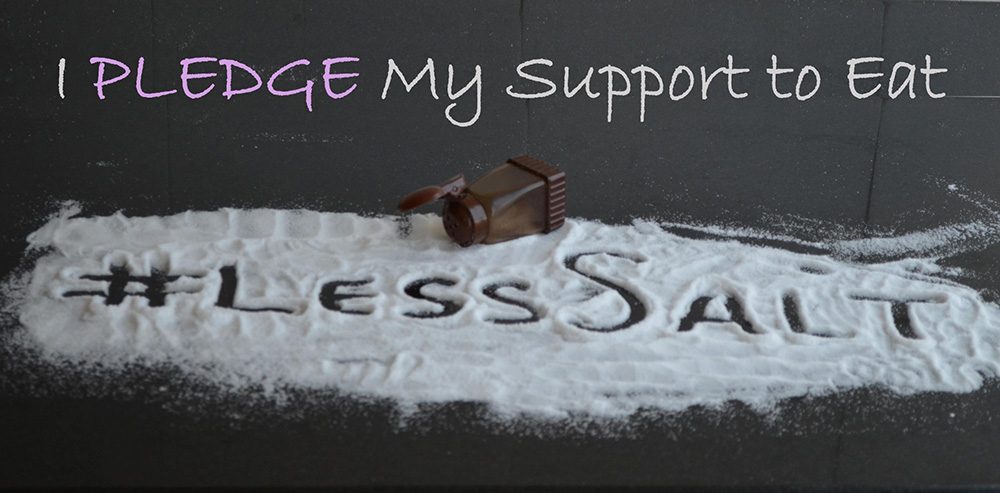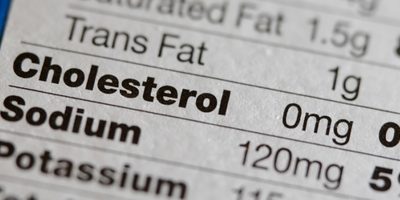
Extending Salt Reduction to school children
The George Institute for Global Health, India, extends their National Salt Reduction Programme to children, in support of Salt Awareness Week 20-26th March 2017. This work aims to raise awareness of the dangers of eating too much salt for children through a school education programme, teaching them how to eat a healthy diet, low in salt – information they can share with their families.
As part of this program; ‘Salt Reduction Campaign in Schools’, 15,000 school children from Delhi and Hyderabad will be educated about the harmful effects of eating too much salt. The program will then assess the change in dietary habits andsalt consumption patterns in children and their families.
“In India, we are fighting against dietary habits which are deep-rooted in our culture. Lack of awareness, and easy access to packaged foods that contain high levels of salt, sugar fat are leading causes for the high prevalence of preventable diseases, like heart disease, heart attacks and strokes. Educating children at an early age is vital to ensure they develop good eating habits at a young age,” said Dr. Vivekanand Jha, Executive Director, The George Institute for Global Health, India.
This programme is modelled on a similar intervention undertaken by The George Institute for Global Health in China, which resulted in a reduction in the salt intake of both children and adults (−1.9 g/day in children and −2.9 g/day in adults).
Over the past few years, The George Institute for Global Health has been conducting research to understand salt consumption patterns in India. Salt intake in school children in India has increased as more fast foods, salty snacks, processed and street foods have become available.
In India, the salt consumption has been estimated to be very high, (11g salt per day) over double the World Health Organization <5g/day recommendation.
The lead researcher, Claire Johnson of The George Institute for Global Health, said: “Over the past 30 years the average Indian diet has been transformed. They are eating less pulses, fruits and vegetables and lots more processed and fast foods. As a result, their diets are now full of salt, sugars and harmful fats which are driving up rates of high blood pressure, obesity and cardiovascular diseases, such as heart attack and stroke.”
“The scale of the crisis facing India is hard to contemplate. We are talking about millions of people dying each year due to unhealthy diets and lifestyles. We know that if you cut back on the amount of salt you eat, your risk of suffering from high blood pressure and cardiovascular disease greatly reduces,” she added.




